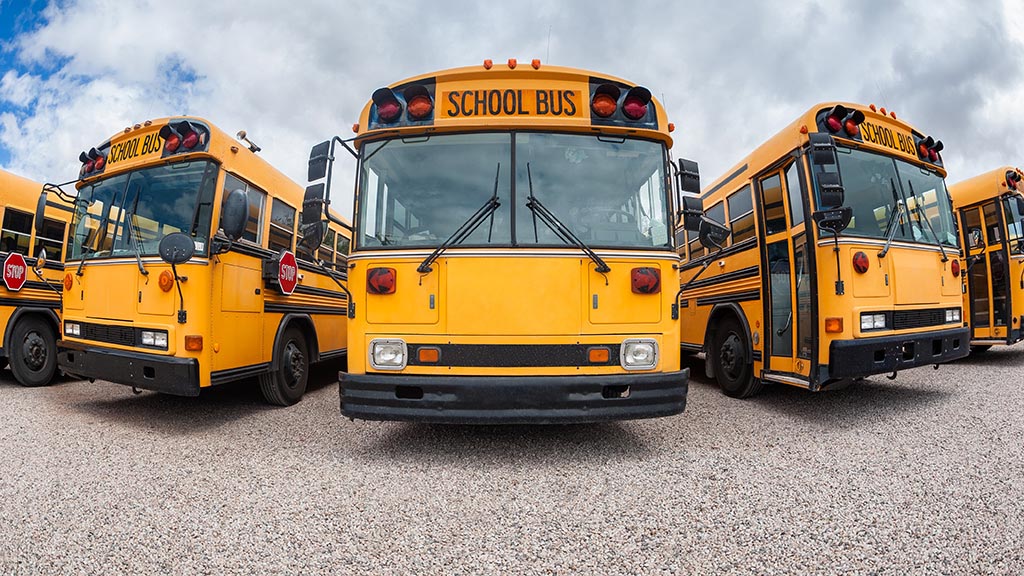Groups unite to help schools switch to electric buses
Three associations partner to provide information, help school leaders take advantage of $5 billion in federal funding to replace diesel fleets.
- April 5, 2022 |
-
 Kathryn Walson
Kathryn Walson


Three associations have partnered to launch the Electric School Bus Collaborative, an effort aimed at informing and advising school officials on the transition to cleaner fleets.
Members of the new collaborative are AASA, The School Superintendents Association; the Association of School Business Officials International and the National Association for Pupil Transportation Associations. They will work with school transportation directors, school finance and operations leaders, superintendents and other state and local officials, according to an April 4 statement.
"The ESBC will be a nonpartisan source of information, education and advice for school system leaders in the K-12 market space as they analyze and implement the transition to electric-powered school buses," NAPT Executive Director Michael Martin said.
"We want to encourage the momentum but with an understanding that it cannot be a one-size-fits-all proposition; there are differences in state education funding mechanisms and school bus operations from community to community," Martin added.
The new association partnership comes ahead of the disbursement of $5 billion in federal funds over five years through the Clean School Bus Program, which was created by the Bipartisan Infrastructure Law. The funds will be awarded in grants, rebates and other forms between this spring and 2026, according to the Environmental Protection Agency.
The Clean School Bus Program provides "an unprecedented amount of funding" to replace the country's nearly 500,000 school buses, according to EPA. The new buses will produce zero or low tailpipe emissions compared to their older diesel predecessors.
The ESBC "is steadfastly committed to creating the most efficient means possible in how we transport our students who are living in urban, suburban and rural communities," said Daniel A. Domenech, AASA's executive director.
